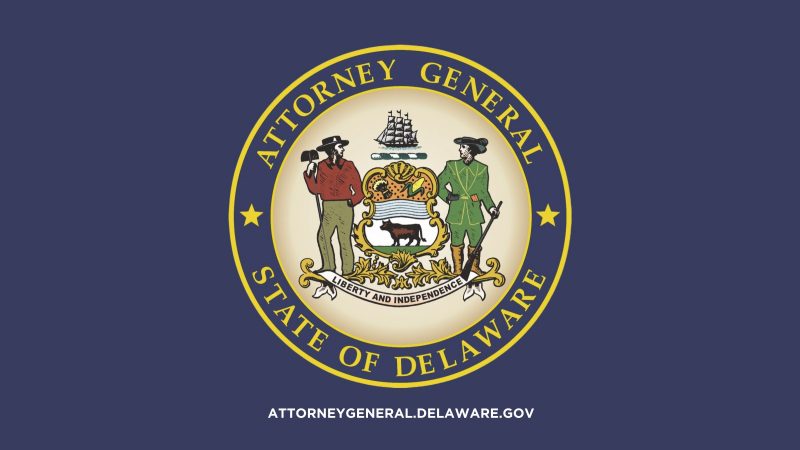
Attorney General Kathy Jennings lodged an objection today to a proposed bankruptcy deal for firefighting foam manufacturer Kidde-Fenwal, Inc. (KFI). The deal seeks to unlawfully release its parent company, Carrier Global Corporation, from liability for PFAS (also known as “forever chemicals”) contamination in the face of lawsuits filed by several other states.
The deal attempts to revive a maneuver already declared illegal by the United States Supreme Court after Delaware and other states objected to immunity for the Sackler family through the Purdue Pharma bankruptcy.
“It is an established fact that forever chemicals like those manufactured by KFI have poisoned countless Delawareans,” said Attorney General Kathy Jennings. “This proposed deal is a duplicitous attempt to sidestep the Supreme Court’s Harrington v. Purdue decision, leaving victims behind in the process.”
Multiple states sued both KFI and Carrier, alleging the companies knowingly contaminated natural resources and harmed public health through toxic PFAS chemicals. KFI is a former manufacturer of PFAS-containing aqueous film-forming foam (AFFF) once commonly used in firefighting. AFFF is known to cause severe adverse human health effects, including increase cancer risks, birth defects, and endocrine disorders, among other concerns. Today, nearly all humans have PFAS in their blood. PFAS chemicals are toxic and can persist in the environment indefinitely. PFAS chemicals can travel through the environment, including into drinking water sources, and accumulate in human blood. Even modest releases of PFAS can cause widespread pollution and damage.
Delaware’s lawsuit against similar AFFF manufacturers is pending in federal court in South Carolina, along with lawsuits from numerous other states, public water providers, and personal injury claimants. KFI and Carrier are estimated to be liable for billions of dollars in environmental damages from PFAS contamination. KFI filed for Chapter 11 bankruptcy in May 2023.
The proposed bankruptcy plan would have Carrier pay creditors a total of $540 million over five years. Any recovery on KFI’s insurance policies after litigation would be split between Carrier and its creditors, up to $3.5 billion, after which all remaining recovery would go to creditors. In return, KFI would grant its parent company, Carrier, a release which seeks to eliminate all PFAS-related claims against Carrier. The plan was negotiated between KFI, Carrier, and attorneys for private plaintiffs, who would receive 8 percent of the proceeds of the bankruptcy plan in exchange for their support.
Connecticut, California, Colorado, Delaware, New York and the District of Columbia today strongly objected to KFI’s Disclosure Statement, which would send the plan to creditors for a vote. The objection asserts that the plan unlawfully expands the definition of estate release to include virtually all claims held by the states against Carrier, which has not filed for bankruptcy itself. The states’ claims against a third-party non-debtor cannot be released without their consent. Third-party releases were declared unlawful by the U.S. Supreme Court last year after a group of states challenged Purdue Pharma’s bankruptcy plan, which sought to force states to release their claims against the Sackler family for their role in the opioid epidemic. The objection further argues that this plan does not contain adequate information to let creditors know what they stand to gain and lose if the plan is approved.

